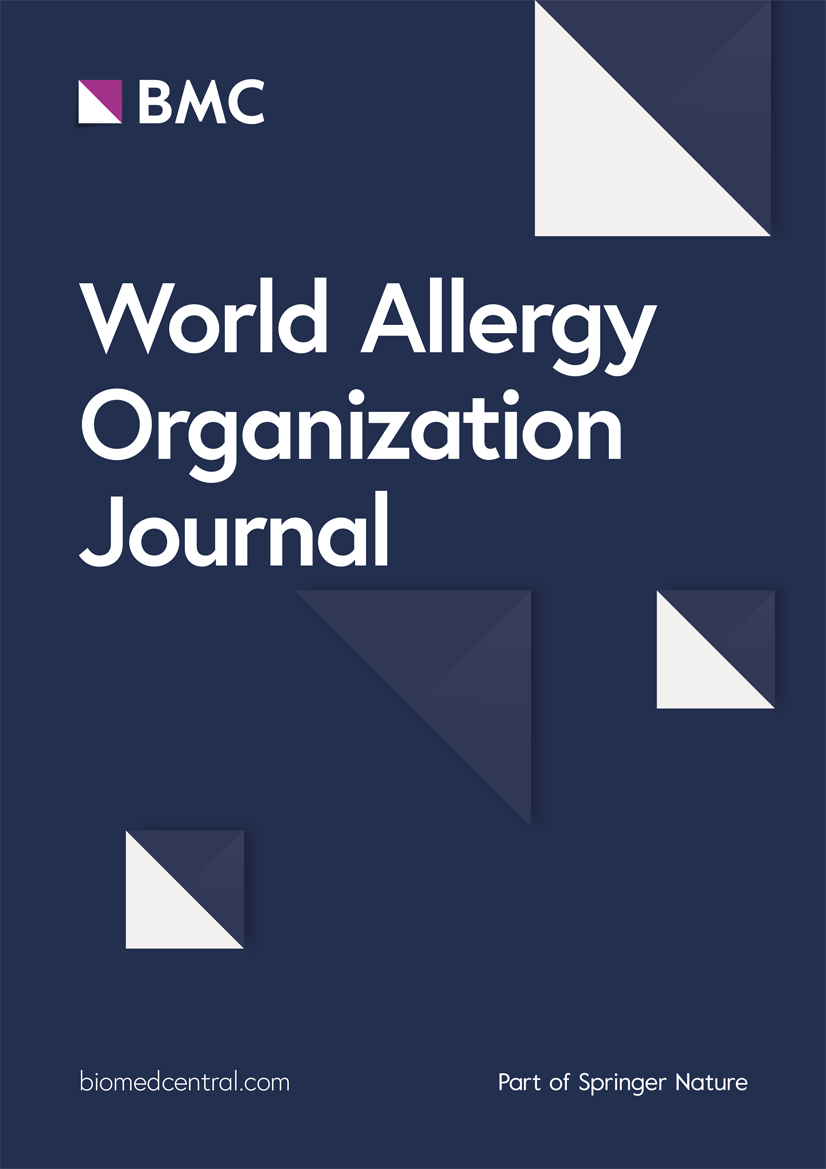Artificial intelligence in allergy practice: Digital transformation and the future of clinical care
IF 4.3
2区 医学
Q2 ALLERGY
引用次数: 0
Abstract
Bioethics involves the analysis of human behavior in the life and health sciences, grounded in moral values and ethical principles. Its integration into the education and training of healthcare professionals is essential for addressing complex medical dilemmas, while also fostering behaviors that strengthen the doctor-patient relationship. The rapid advancement of technology, particularly artificial intelligence (AI), is transforming medical specialties and reshaping patient care. In the field of allergy and immunology, AI offers promising applications such as enhanced patient education, symptom tracking, personalized treatment planning, and improved clinical decision-making. However, its implementation raises significant ethical concerns. There is a risk of diminishing clinical reasoning skills due to excessive reliance on AI, as well as challenges related to data privacy, informed consent, and algorithmic transparency. These issues pose new bioethical dilemmas regarding patient autonomy and the humanization of care. This review explores the integration of AI in allergy practice, emphasizing its ethical implications and its potential impact on the doctor-patient relationship. Balancing technological innovation with core bioethical principles—non-maleficence, beneficence, autonomy, and justice—is critical for advancing patient-centered care in a digital era.
过敏实践中的人工智能:数字化转型和临床护理的未来
生物伦理学涉及对生命和健康科学中人类行为的分析,以道德价值观和伦理原则为基础。它与医疗保健专业人员的教育和培训相结合,对于解决复杂的医疗困境至关重要,同时也促进了加强医患关系的行为。技术的快速发展,特别是人工智能(AI),正在改变医学专业和重塑患者护理。在过敏和免疫学领域,人工智能在增强患者教育、症状跟踪、个性化治疗计划和改进临床决策等方面提供了有前景的应用。然而,它的实施引起了重大的伦理问题。由于过度依赖人工智能,存在临床推理技能下降的风险,以及与数据隐私、知情同意和算法透明度相关的挑战。这些问题提出了新的关于病人自主和人性化护理的生物伦理困境。这篇综述探讨了人工智能在过敏实践中的整合,强调了其伦理意义及其对医患关系的潜在影响。平衡技术创新与核心生物伦理原则——无害、有益、自主和公正——对于在数字时代推进以患者为中心的护理至关重要。
本文章由计算机程序翻译,如有差异,请以英文原文为准。
求助全文
约1分钟内获得全文
求助全文
来源期刊

World Allergy Organization Journal
Immunology and Microbiology-Immunology
CiteScore
9.10
自引率
5.90%
发文量
91
审稿时长
9 weeks
期刊介绍:
The official pubication of the World Allergy Organization, the World Allergy Organization Journal (WAOjournal) publishes original mechanistic, translational, and clinical research on the topics of allergy, asthma, anaphylaxis, and clincial immunology, as well as reviews, guidelines, and position papers that contribute to the improvement of patient care. WAOjournal publishes research on the growth of allergy prevalence within the scope of single countries, country comparisons, and practical global issues and regulations, or threats to the allergy specialty. The Journal invites the submissions of all authors interested in publishing on current global problems in allergy, asthma, anaphylaxis, and immunology. Of particular interest are the immunological consequences of climate change and the subsequent systematic transformations in food habits and their consequences for the allergy/immunology discipline.
 求助内容:
求助内容: 应助结果提醒方式:
应助结果提醒方式:


